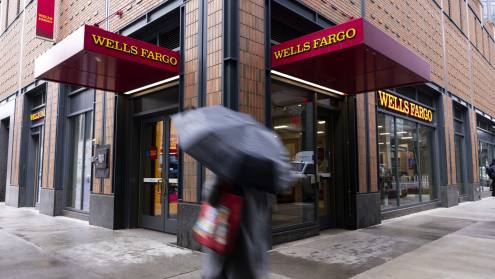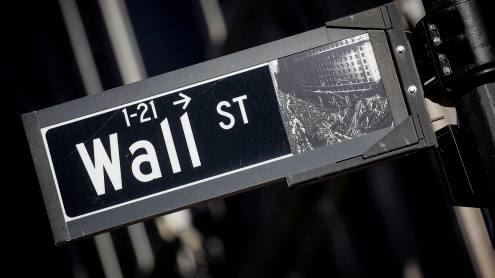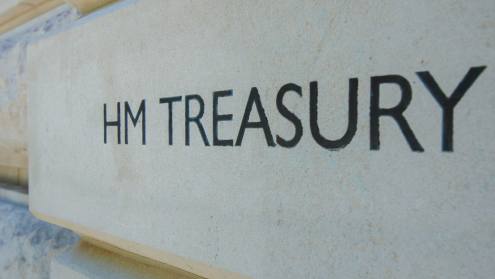Nasdaq chief executive Bob Greifeld is known to have talked with the major investment banks behind Turquoise and has accused the LSE of failing to appreciate the huge changes that the Market in Financial Instruments Directive (MiFID) will bring.
As a Turquoise spokesperson told The Banker last month: “We in the consortium represent 50% of the business that the LSE sees – maybe 50% of its revenues, we cannot be certain as those figures are not available – but you can calculate on the back of an envelope that we would have to waste a lot of money and go very wrong for the project to become a bad idea.”
Mr Greifeld knows this all too well. In the US, a new trading platform called BATS Trading has captured 15% market share trading in Nasdaq stocks. Credit Suisse, Lehman Brothers and Morgan Stanley have small stakes in BATS, the creation of which was prompted by the US’s own market liberalisation plans.
Things would not be so bad if the LSE had not already tussled with a number of suitors and come away empty handed. It could all turn out well if a combined NYSE and Euronext decided to hitch up to the LSE for a grand finale. But are they really going to pay more than £12.43? Maybe less given the circumstances.






